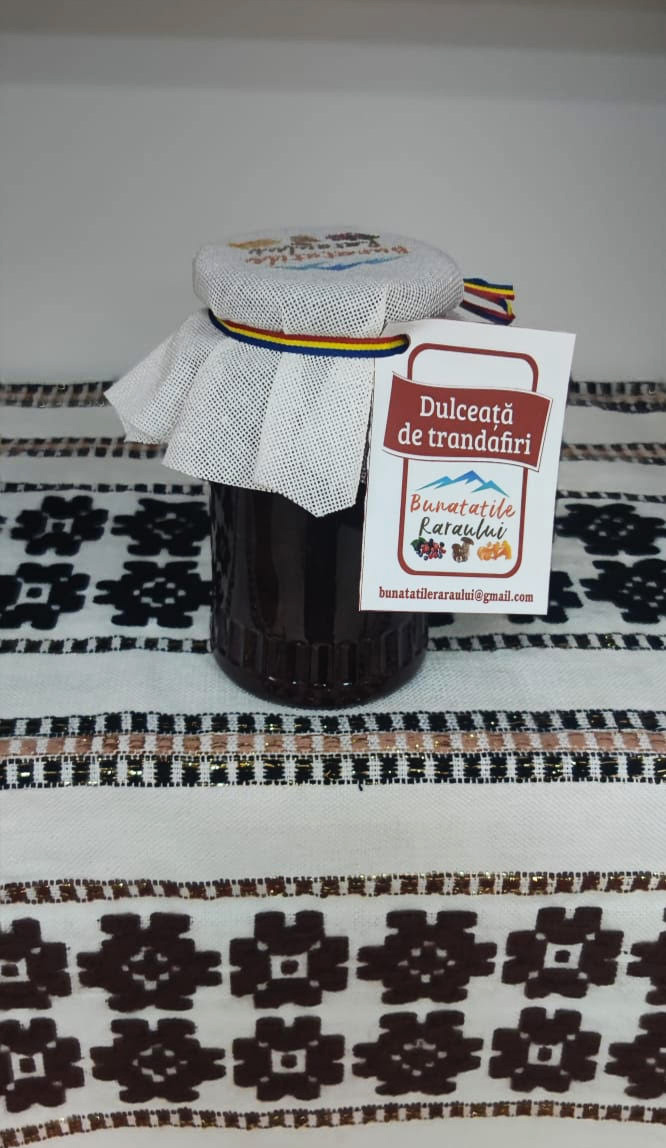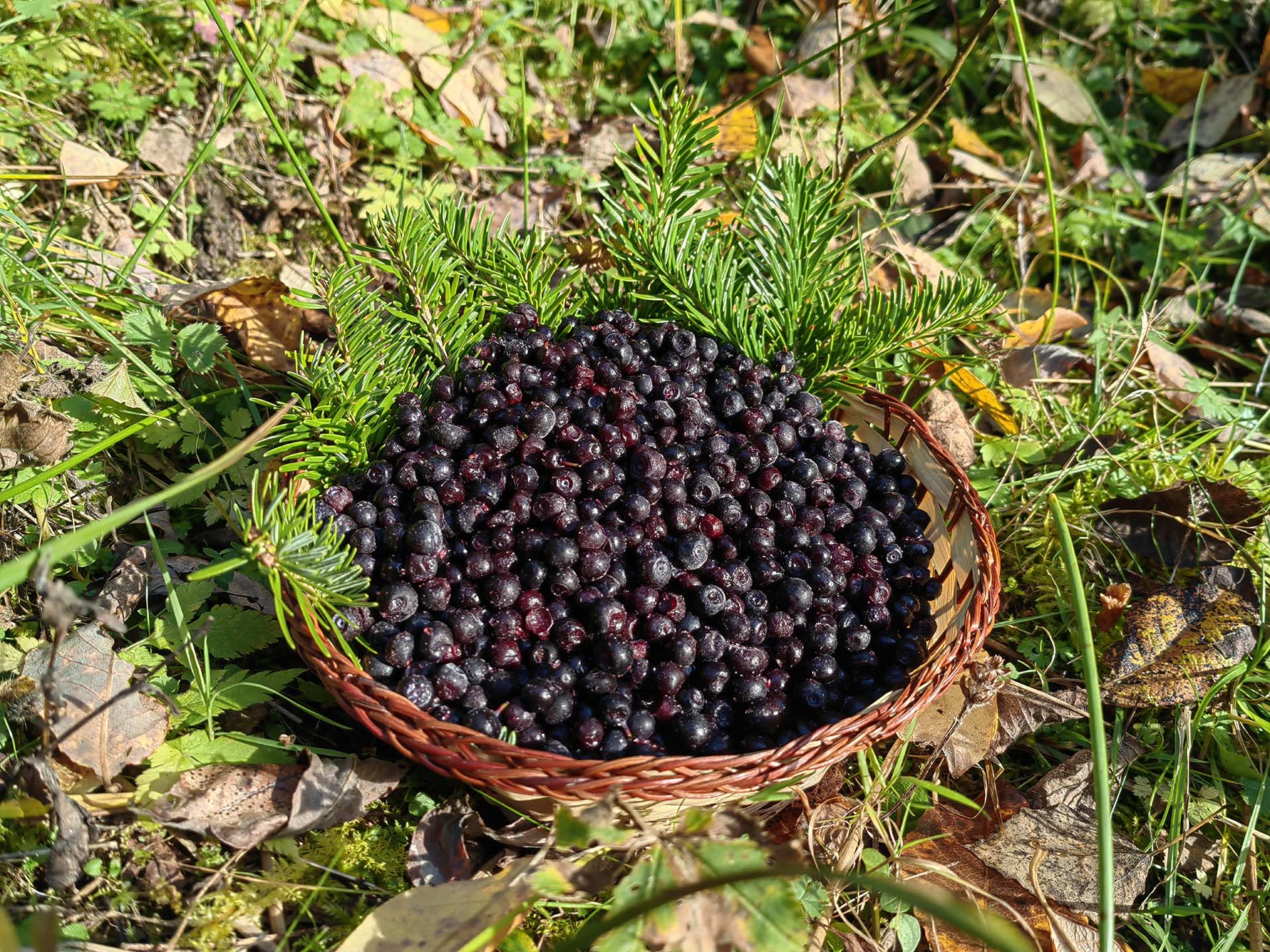Nutritional information
38 kCal
| Average nutritional values for 100 g | |
| Calories | 159 kj / 38 kCal |
| Fats | 0 g |
| Carbohydrates | 9.4 g |
| Proteins | 0 g |
Nothing is healthier than eating fresh fruit every day. And adding a glass of natural juice to your diet is just as full of benefits and satisfaction. A glass of fruit syrup juice every morning helps to detoxify the body. If you don't eat a fruit every day, the easiest alternative is natural juice as part of the diet. A glass of fruit syrup juice contains all the enzymes, minerals and vitamins that are easily absorbed in your body. Regular consumption of fruit syrup juice keeps all diseases at bay.

| Average nutritional values for 100 g | |
| Calories | 159 kj / 38 kCal |
| Fats | 0 g |
| Carbohydrates | 9.4 g |
| Proteins | 0 g |



| Average nutritional values for 100 ml | |
| Calories | 1443 kj / 345 kCal |
| Fats | 0 g |
| Carbohydrates | 84.5 g |
| from which | |
| Sugars | 84.5 g |
| Proteins | 0 g |

| Average nutritional values for 100 g | |
| Calories | 1067 kj / 255 kCal |
| Fats | 0 g |
| Carbohydrates | 65.9 g |
| Proteins | 0 g |


| Average nutritional values for 100 g | |
| Calories | 209 kj / 50 kCal |
| Fats | 0 g |
| Carbohydrates | 12 g |
| from which | |
| Sugars | 11 g |
| Proteins | 0 g |

| Average nutritional values for 100 ml | |
| Calories | 167 kj / 40 kCal |
| Fats | 0 g |
| Carbohydrates | 10 g |
| from which | |
| Sugars | 9.7 g |
| Proteins | 0 g |
| Salt | 10 mg |



Fruits are naturally low in fat, sodium, calories and have absolutely no cholesterol. They are an important source of vital nutrients, including dietary fiber, vitamin C, folic acid (folic acid) and potassium.
As it has been proven, both according to doctors, natural nutritionists, university researchers and numerous medical studies conducted around the globe, jams provide our body with a quick and beneficial boost of energy and, in fact, have about half the calories, even less fat and saturated fats, as well as that cholesterol that is so dangerous than butter or artificial margarines.
These natural fibers, vitamins, minerals, amino acids and other essential, life-sustaining nutrients, which we ingest through the consumption of low-sugar sweets, can help to:
- Stabilizing, obtaining and maintaining optimal weight control
- Provides energy and resistance during stress and physical exercises
- Reduces the risk of stroke, heart attack and all other potential cardiovascular diseases
- Reduces the chance of the appearance and development of various types of cancer and can help cure current cancers, especially mouth, stomach and colon-rectal cancer
- Lowers blood pressure
- Improves the health of hair, skin and nails
- Reduces the risk of kidney stones
- Reduces bone loss
- Satisfies hunger, helping us to eat less and be satisfied, without cravings
- Lowers bad cholesterol
- Reduces the chances of developing type 2 diabetes
- Reduces constipation
- Heals cuts and wounds
- Keeps teeth and gums healthy
- It helps the body to form red blood cells

| Average nutritional values for 100 g | |
| Calories | 1205 kj / 288 kCal |
| Fats | 0.2 g |
| from which | |
| Saturate | 0.1 g |
| Carbohydrates | 71 g |
| from which | |
| Sugars | 58 g |
| Proteins | 0.2 g |

| Average nutritional values for 100 g | |
| Calories | 1209 kj / 289 kCal |
| Fats | 0 g |
| Carbohydrates | 72 g |
| from which | |
| Sugars | 60 g |
| Fiber | 0.2 g |
| Proteins | 0.1 g |

| Average nutritional values for 100 g | |
| Calories | 1251 kj / 299 kCal |
| Fats | 0.15 g |
| Carbohydrates | 72 g |
| Proteins | 2.2 g |

| Average nutritional values for 100 g | |
| Calories | 1197 kj / 286 kCal |
| Fats | 0.1 g |
| Carbohydrates | 67.8 g |
| Proteins | 1.8 g |

| Average nutritional values for 100 g | |
| Calories | 1234 kj / 295 kCal |
| Fats | 0.31 g |
| from which | |
| Saturate | 0.2 g |
| Carbohydrates | 72 g |
| from which | |
| Sugars | 55 g |
| Fiber | 1.62 g |
| Proteins | 0.23 g |